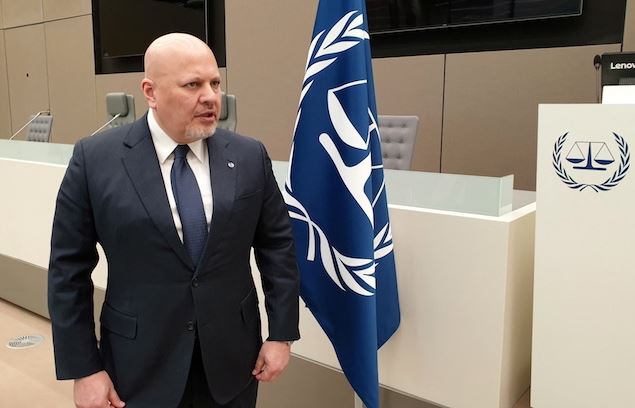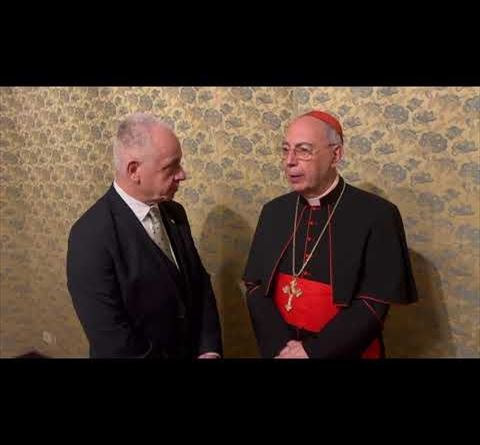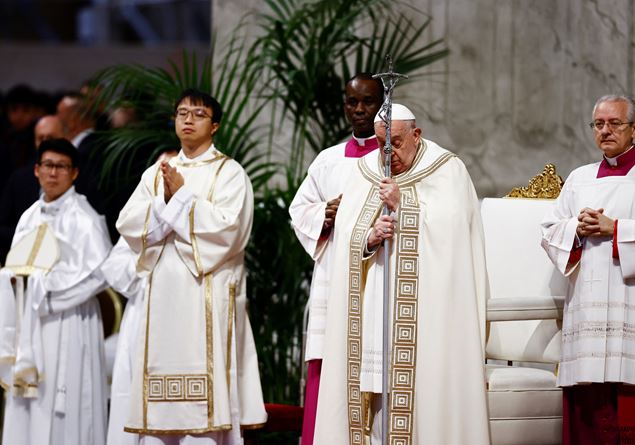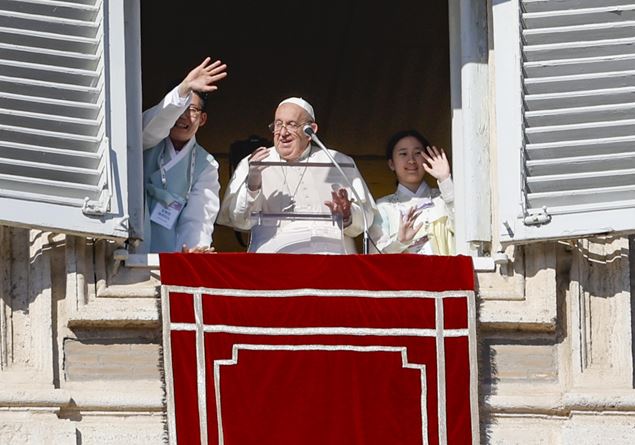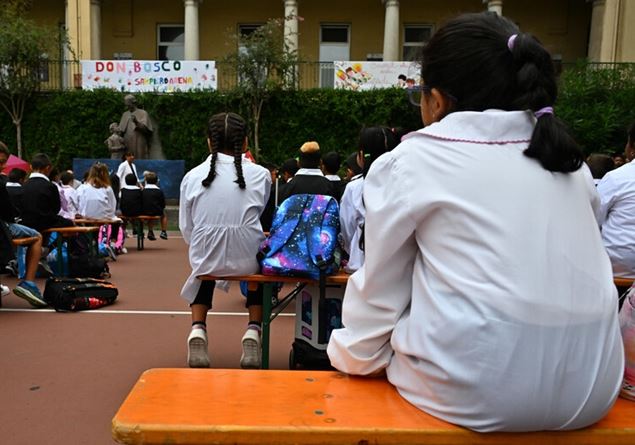
From 1 January 2025, third sector association activities will be subject to VAT. In fact, the government forces entities to undergo a strong and expensive bureaucratic burden including, in fact, the hiring of an accountant and the cash register. A cost which will also affect public accounts, because the State risks having to reimburse any VAT not recovered by the associations at the time of disbursement of mutual services, i.e. those aimed at its members. Here are some examples: it will have to open a p. There is also an association that offers a theater workshop for its elderly members. This will also apply to the organization that offers an after-school service, or assistance with homework and recreation, or for the “social bar” of the oratory or parish. Activities with strong value and enormous social impact: all different but all united by existing to promote the well-being of the community, sociability, participation, mutuality and to combat phenomena of social marginalization.
«We believe it is incomprehensible that third sector entities are forced to bear the costs and bureaucratic burdens for the opening and management of the VAT number, while remaining exempt from paying the tax: many services to people in the territories risk decreasing or even disappear due to the new tax regime, which will come into force from January 2025. We therefore continue our commitment and for this reason we have launched the ‘No sales No VAT’ campaign. To ask that solidarity not be equated with trade, given that there is still time in view of the deadline to present the amendments to the Maneuver”, says Vanessa Pallucchi, spokeswoman for the Third Sector Forum.
Third sector associations in Italy bring together millions of people who organize responses to community needs, fragilities and inequalities in cities and territories. They generate relationships and build proximity in the form of open spaces, culture, sociality. They are an expression of the freedom of citizens to associate for the well-being of the country. A freedom also enshrined in the Charter of Fundamental Rights of the European Union and recognized by the Italian Constitution. «The VAT on mutual activities will therefore be a blow to freedom of association itself. We don’t want to pay a tax that is not appropriate to the activities we do, which are not of a commercial nature. The risk we see is that for the territorial clubs, the territorial offices of our organisations, small and very small, 60% of which actually have budgets below 5,000, even below 3,000 euros, this is the end.”
Vanessa Pallucchi
On the subject there has already been an extension of the application of the rule introduced to respond to the findings of the European Commission procedure which considers “the essential requirement of VAT to be essentially objective in nature, and is concentrated in the payment of the fee for the service rendered , i.e. in the corresponding nature of the quota itself with respect to the service offered by the Third Sector association. «The theme», Pallucchi comments «is that the government and the institutions must defend and explain to Europe what the Third Sector is worth and what it does in Italystarting from the smallest associations. Therefore, either this imposition is removed or we aim for a further extension which could also be done in this budget law. However, this would not be the solution, but a patch on the problem.”

In general, according to the Third Sector Forum, the Budget Law that the government is defining does not contain sufficient responses to deal with the ongoing social crises, nor measures and supports to encourage the activity of the Third Sector, «which can make a great contribution to maintenance of the socio-economic fabric of the communities and which is among the few subjects always active in achieving the cohesion and social inclusion so necessary for the country. With this campaign we address the parliamentarians of the various political forces, in view of the deadline for presenting amendments to the Budget: do everything possible to improve the text, from refinancing the fund to combat child educational poverty to supporting vulnerable people. Among our proposals – concludes Pallucchi – there are several that do not involve burdens for the State but are fundamental for the sustainability of the Third sector, such as that for maintaining the current VAT exclusion regime for associations”, concludes Vanessa Pallucchi, spokesperson of the Third Sector Forum.


